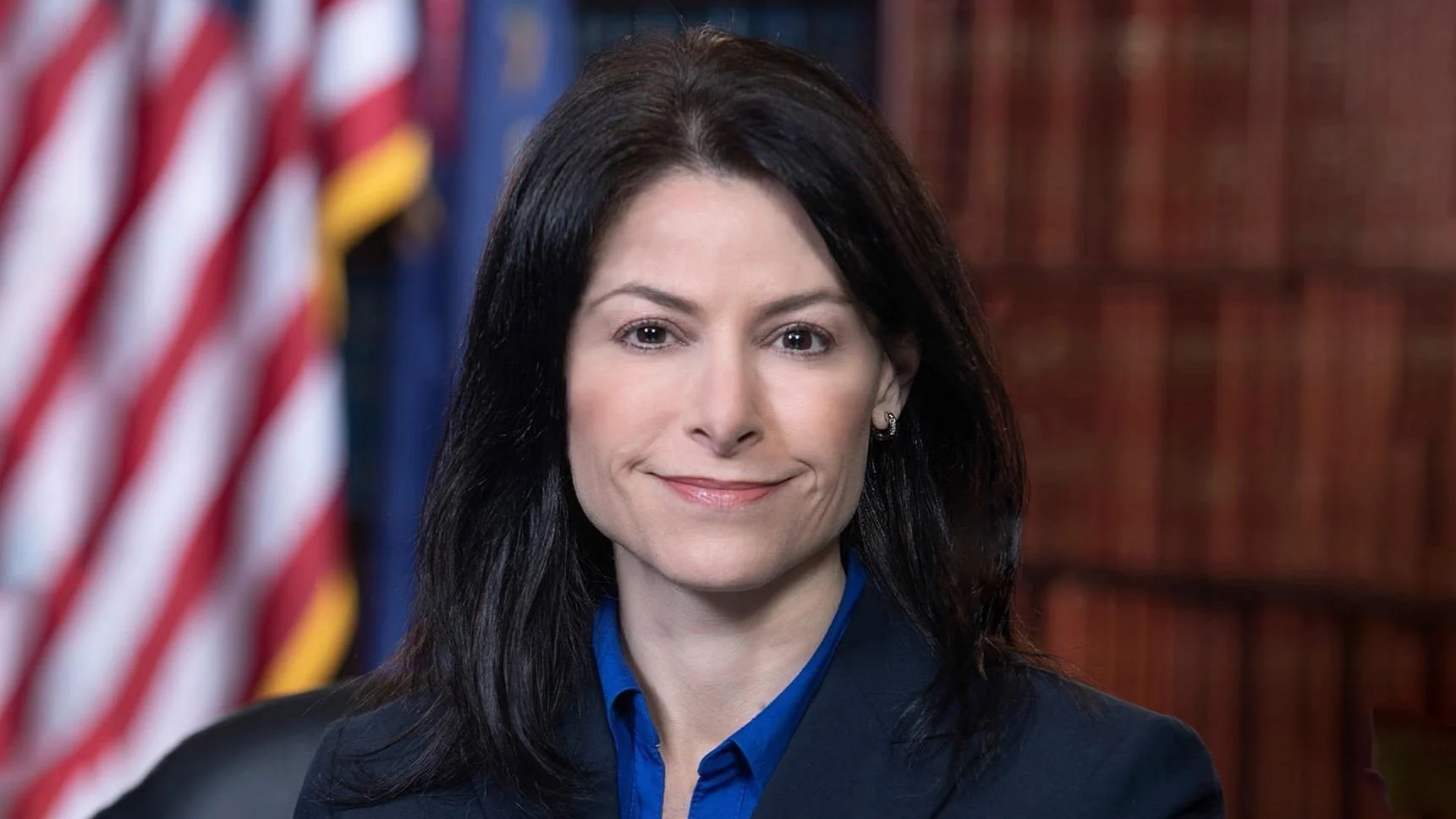Dana Nessel, Attorney General of Michigan | www.facebook.com
Dana Nessel, Attorney General of Michigan | www.facebook.com
Michigan Attorney General Dana Nessel has joined a coalition of 19 attorneys general in filing an amicus brief to support a lawsuit against the U.S. Environmental Protection Agency (EPA). The legal action challenges the EPA's termination of the Environmental and Climate Justice Block Grant Program, which was established through the 2022 Inflation Reduction Act to aid communities disproportionately affected by pollution and climate change.
Nessel stated, “Time and again, we’ve seen the Trump Administration show a blatant disregard for the rule of law – once more attempting to rescind congressionally approved grant funding.” She added that this termination targets essential environmental justice grants meant to address significant disparities within communities.
The brief, filed in Appalachian Voices v. EPA, highlights that terminating this program imposes serious harm on vulnerable communities already facing high levels of pollution and climate change impacts. These areas often include low-income groups, communities of color, indigenous peoples, or those in rural locations.
The attorneys general emphasized that historical discriminatory policies like racial segregation and redlining have worsened these challenges. They argue that many such communities lack resources such as clean drinking water and are ill-equipped to handle severe weather events or mitigate climate change effects.
Under the Inflation Reduction Act of 2022, Congress allocated $3 billion for this grant program to address these issues. In Michigan alone, around 10 grantees were set to receive over $85 million from the EPA for various initiatives including a climate resiliency plan in Flint. The abrupt termination has led to layoffs, halted programs, and hiring freezes among grantees.
Nessel and her colleagues argue that the EPA’s actions contravene congressional directives outlined in the Inflation Reduction Act by using mandatory language requiring fund distribution without agency discretion. They are urging the court to issue a preliminary injunction ensuring these vital grants remain accessible.
Joining Nessel in this effort are attorneys general from Arizona, California, Colorado, Connecticut, Hawai'i, Illinois, Maine, Maryland, Massachusetts, Minnesota, New Jersey, New Mexico, New York, North Carolina, Oregon, Rhode Island Vermont Washington and Washington D.C.





 Alerts Sign-up
Alerts Sign-up